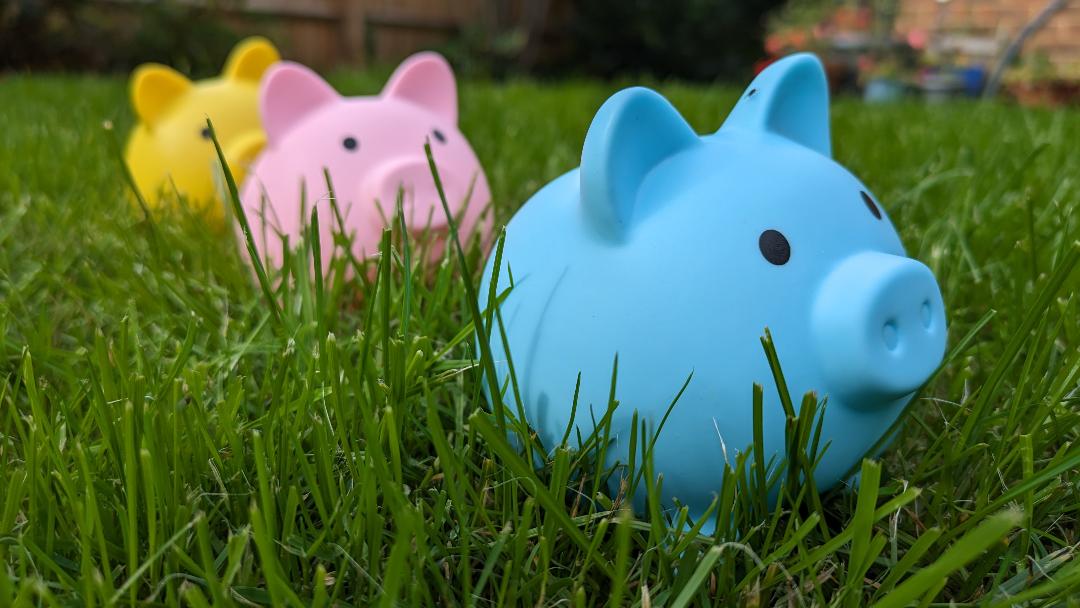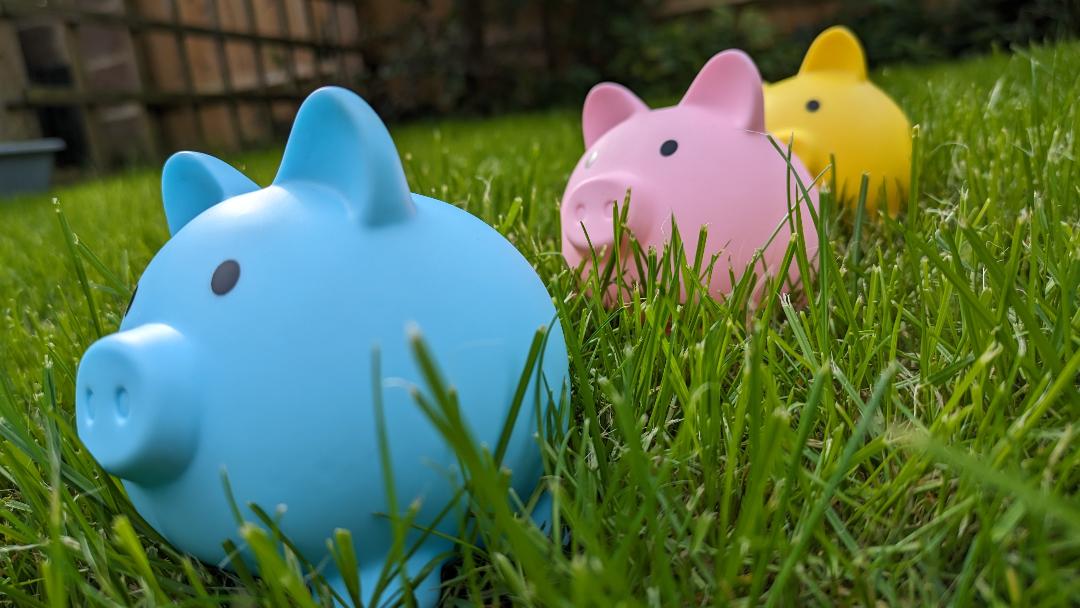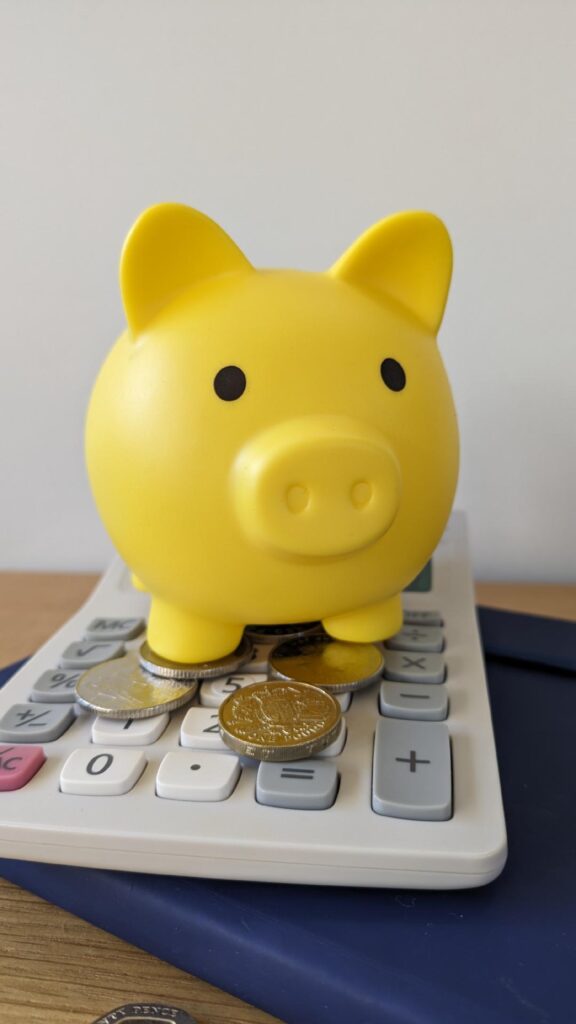
Tax free savings with ISAs
UK individuals can benefit from tax-free savings with ISAs or individual savings accounts, saving and investing up to £20,000 a year tax-free. The tax benefits of ISAs extend to cash savings and investments in stocks and shares, providing tax-free income and capital gains. This means that when you take money out of your ISA there is no tax liability.
There are five types of ISAs available:
- Cash ISA
- Stocks and Shares ISA
- LISA or Lifetime ISA
- IFISA or Innovative Finance ISA
- JISA or Junior ISA
From April 2024 the government changed the ISA rules allowing more flexibility in managing your money. You can now open and contribute to several ISAs of the same type in the same tax year. Previously you could only open and contribute to one ISA of a specific type in the year. For example, before April 2024, you could only contribute to one cash ISA, and one stocks and shares ISA within a tax year. Whereas you can now open and contribute to multiple ISAs of the same type within a tax year, excluding LISAs. The total contributions to various ISAs must not exceed the annual subscription limit of £20,000.
This change, for example, offers flexibility to put cash in both a fixed deposit ISA and an easy-access ISA in the same tax year. This lets you move your money around to benefit from better ISA interest rates. The changes also allow for partial transfers between ISA providers. For instance, if you have a cash ISA with a balance of £10,000, you can move £3,000 to another ISA provider.
ISA terms & exceptions
The minimum age for opening a cash ISA has increased to 18 years, in line with the age requirements for other ISAs, excluding the Junior ISA. The LISA has an upper age limit of 40 years, so is only available to individuals between 18 and 40 years of age.
The annual tax year runs from the 6th of April to the 5th of April of the following year. There are two exceptions to the £20,000 annual limit, namely the LISA and JISA. The maximum permitted contribution to a LISA in a tax year is £4,000 and £9,000 to a JISA. Contributions to a LISA fall within the annual £20,000 maximum subscription limit.
ISAs the lowdown and more detail
Cash ISAs
Most banks and building societies offer cash ISAs or individual savings accounts. It is worth shopping around and comparing interest rates as these can vary. Rates will vary according to the type of cash ISA, with fixed deposit ISAs usually paying a higher interest rate than instant access ISAs. Interest that you earn on a cash ISA is tax-free. You may find regular savings accounts paying a higher rate of interest than ISAs. If your interest for the year is likely to be less than the tax-free personal savings allowance of £1,000, it will be more beneficial to save in a regular savings account with a higher interest rate.
Stocks and Shares ISAs
Stocks and shares ISAs allow you to buy shares in companies or stock market funds. This does involve risk as share prices can go up or down. You should view this as a long-term investment. When share prices increase your capital value increases. The shares may also pay dividends which is the income earned on the shares. Some stocks and shares ISAs allow investment into stock market funds only, whilst others allow you to choose individual company shares. Make sure you check the fees, as these can vary significantly and impact long-term growth.
Lifetime ISA or LISA
The lifetime ISA or LISA is designed to save for your first home or retirement. You can contribute a maximum of £4,000 to one LISA during the tax year. The government will add another 25% to the contributions that you make into a LISA, up to a maximum of £1,000 per year. If you contribute £4,000 to a LISA, the government will add 25% or £1,000, taking the total contribution to £5,000 for the tax year. There are restrictions and penalties for withdrawals from a LISA which are explained in more detail below.
IFISA or Innovative Finance ISA
Innovative finance ISAs match up investors with borrowers using peer-to-peer lending via investment platforms. Borrowers can be individuals or businesses. They usually pay higher rates of interest as they are generally high-risk investments. It is important to note that peer-to-peer investment platforms are not protected by the financial services compensation scheme and there are no guaranteed returns, unlike savings accounts.

Want to learn more about stock market investing?
JISA or Junior ISA
A JISA or junior ISA is a tax-free savings account for children under 18 in the UK. There are two types of junior ISAs, cash JISAs and stocks and shares JISAs. Up to £9,000 a year can be contributed to a JISA with all earnings and growth tax-free. A parent or guardian can open a junior ISA for a child, and anyone can contribute to the JISA. Once the child turns 16, they can start managing their JISA but they cannot withdraw any money until they are 18 years old.
Withdrawing money from a LISA
There are restrictions on withdrawing money from a lifetime ISA, as you can only withdraw funds if you are buying your first home, you are 60+ years or you are terminally ill with less than 12 months to live.
If you withdraw from your LISA for other reasons than those listed, you will incur a withdrawal charge of 25%. This pays back the bonus previously received from the government. You will also lose 6.25% of the original amount you deposited. To illustrate this, if you pay £500 into your LISA, the government adds another 25% or £125, taking the total deposit to £625. If you withdraw the £625 you will incur a 25% charge of £156.25, meaning you only receive £468.75, which is £31.25 less than you originally paid into the LISA.
Using a LISA to buy a home
If you want to use the funds in your LISA to buy your first home:
- The property must be £450,000 or less.
- You must be buying the house with a mortgage.
- The first payment into your LISA must have been made at least 12 months before the house purchase goes through.
- You must use a solicitor or conveyancer for the house purchase transaction.
A word of warning for those living in areas with high house prices. If you are unable to secure a property within the £450,000 limit, you will not be able to access the LISA funds without incurring the 25% charge. This means you will end up with 6.25% less money than you contributed to the LISA. Alternatively, you can leave the money in the LISA until retirement.
NS&I Premium Bonds
Premium bonds offer an alternative to conventional savings, as they give your money the chance to win tax-free prizes every month. Premium bonds do not pay interest, which means the purchasing power of your savings is eroded over time. The minimum amount for a premium bond is £25 and the prizes range from £25 all the way to a million. You can access your money at any time making them a flexible option and you could win big in one of the monthly draws!


